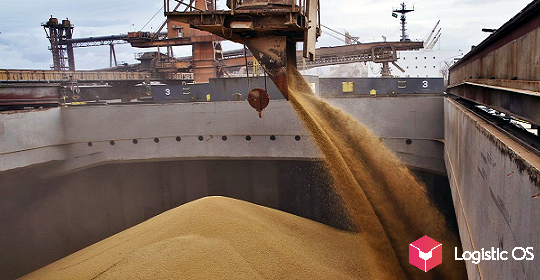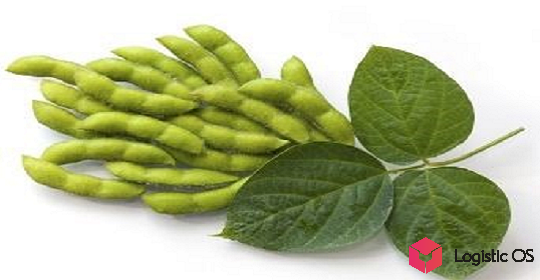Since 2014, when the embargo on the import of imported products into Russia was first introduced, the country has managed to almost completely carry out import substitution in the agricultural sector.
According to many experts, Western sanctions and counter-embargoes imposed on Russia have had a very beneficial effect on the development of the agricultural sector.
For example, according to recent estimates, the share of imported food products on the shelves of Russian stores has decreased from 60% to 10% since 2014.
Moreover, the remaining small share is represented mainly by those products that are impossible to replace imports due to climate conditions — for example, bananas and oranges.
At the same time, large-scale breakthroughs have occurred in many sectors of agriculture.
For example, Russia has become a world leader in wheat exports, and has also achieved complete self-sufficiency in meat production.
Finally, over the past 10 years, milk production has increased by 25%, and this is also an extremely important trend, because before that, milk production had been declining for many years.
As Oleg Sirota, general director of the Istra Cheese Factory, noted, one of the sensitive areas is cheese production.
10 years ago, when Russia introduced an embargo on the import of most varieties of imported cheese, many were of the opinion that Russians would be left without this product, since it was impossible to organize production of cheese of comparable quality in the Russian Federation.
However, today it is already clear that import substitution of cheese has been successfully carried out: on the shelves there are enough both affordable factory varieties and more expensive farm varieties, and almost all categories and varieties of cheese are covered.
At the same time, it cannot be said that import substitution has been successfully completed in all areas, experts say. There are still vacant niches in some areas, and this could be a good chance for agricultural producers.
For example, Russia has not yet achieved full import substitution in dairy products.
Growing apples and stone fruits also remains a problem — which is especially important this year, when in many regions their harvest was almost completely destroyed due to May frosts.
In addition, there remains a demand for fish production, and even small farms can successfully engage in this.
The most important guarantee for the further development of the Russian agro-industrial complex is the import substitution of seeds, as well as the independent production of agricultural products.
Currently, there are also vacant niches in these industries, but in general we see them closing quite quickly, analysts say.

